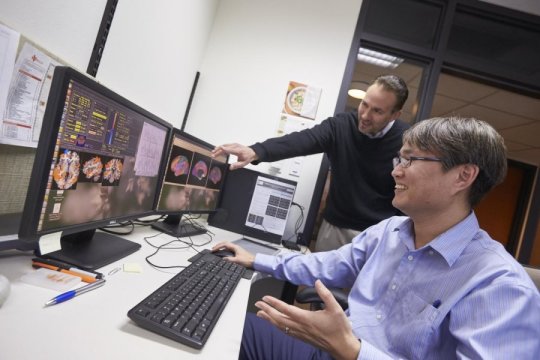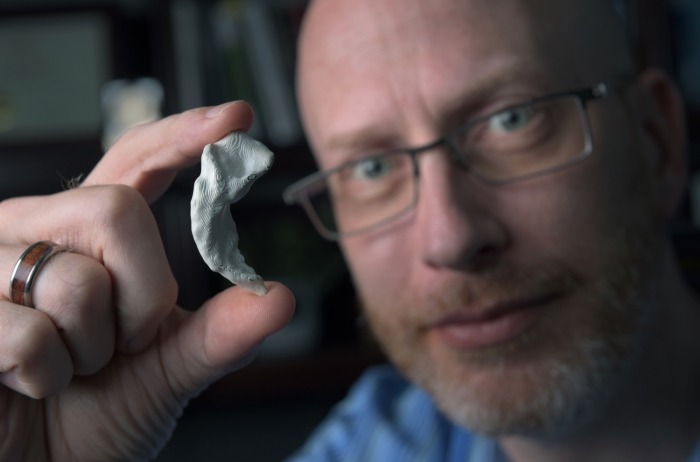Posts Tagged ‘cognitive-deficits’
UT Dallas researcher secures $2.7m grant to better monitor and address TBI-related cognitive and functional deficits
Scientist Gets Grant for Study of Veterans with Traumatic Brain Injuries (UT Dallas release): A researcher from the Center for BrainHealth at UT Dallas has been awarded a $2.7 million grant from the Department of Defense (DoD) under the Joint Warfighter Medical Research Program. The grant, awarded to Dr. Daniel Krawczyk, deputy director of the…
Read MoreStudy: Cognitive deficits continue long term in cancer survivors in domains important for social and executive functioning
Cognitive Deficits Continue Long Term in Cancer Survivors (Medscape): “Although cancer patients frequently experience short-term cognitive deficits, little is known about how long these deficits last or whether they worsen over time. Now, data from a large national sample suggest that cognitive deficits may persist long term.
Read MoreStudy: Why Super Mario 3D World may train your brain better than Angry Birds
Playing 3‑D video games can boost memory formation, UCI study finds (UCI News): “…Craig Stark and Dane Clemenson of UCI’s Center for the Neurobiology of Learning & Memory recruited non-gamer college students to play either a video game with a passive, two-dimensional environment (“Angry Birds”) or one with an intricate, 3‑D setting (“Super Mario 3D World”)…
Read MoreStudy: Internet-based screening can help detect aging-related cognitive deficits
— We just came across a new and fascinating scientific paper, titled Development and evaluation of a self-administered on-line test of memory and attention for middle-aged and older adults, and published at Frontiers in Aging Neuroscience. Here is the very readable abstract: “There is a need for rapid and reliable Internet-based screening tools for cognitive assessment in middle-aged and older adults.…
Read MoreCan neuroplasticity-based interventions address tinnitus-related cognitive deficits?
Tinnitus: Turning Down the Volume (MedPage Today): “The drug D‑cycloserine was no more effective than placebo when used with a computer-based cognitive training program for relieving persistent ear ringing in patients with tinnitus in a small clinical study, but patients did report fewer cognitive difficulties…
Read MoreAddressing cognitive deficits due to ADHD or leukemia/ brain tumor treatments
The Science Behind ‘Brain Training’ (The Atlantic): “Julie Schweitzer, director of the ADHD Program at the University of California in Davis’s MIND Institute, conducted a randomized study of children diagnosed with ADHD. When published in July 2012 in the journal Neurotherapeutics, Schweitzer’s study found that children
Read More





